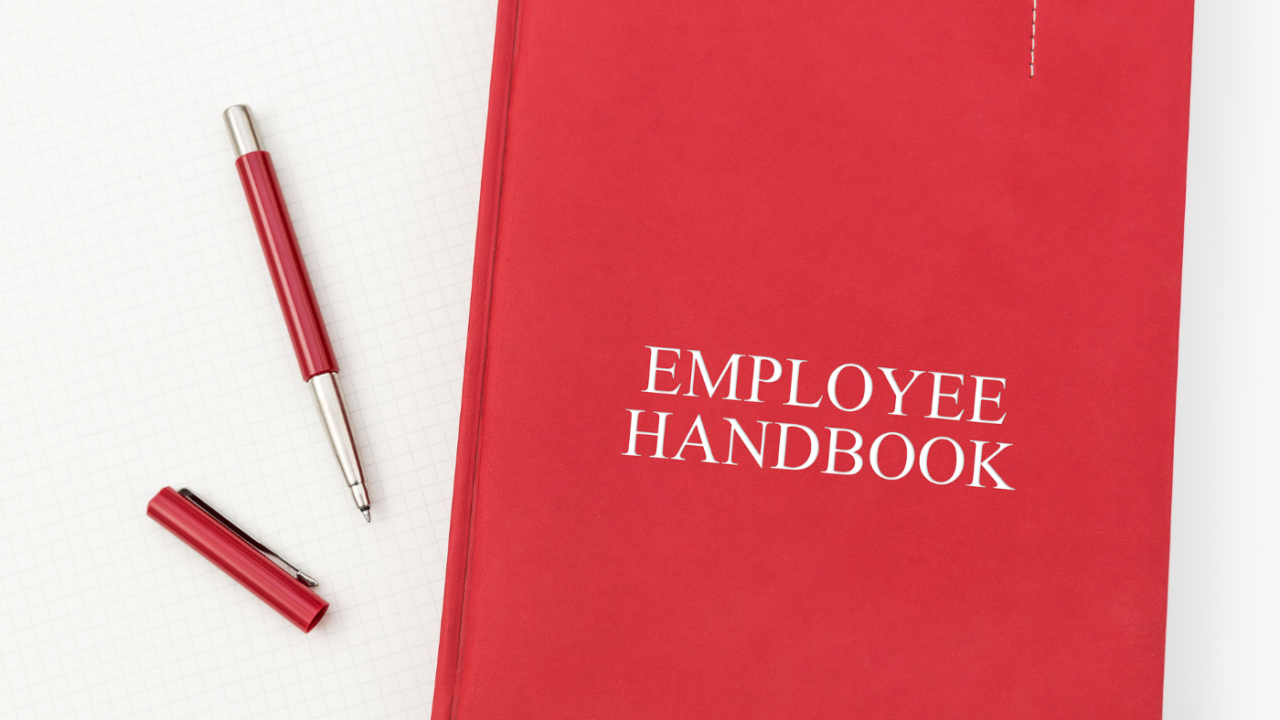The rise of remote work has revolutionized the way businesses operate in Canada. With the increasing availability of technology and a shift in work culture, organizations are embracing remote work arrangements to accommodate employee preferences, expand their talent pool, and boost productivity. While employing remote workers and independent contractors offers numerous advantages, it also comes with important legal considerations for businesses.
Employing Remote Workers: Legal Considerations and Practical Tips for Canadian Businesses









